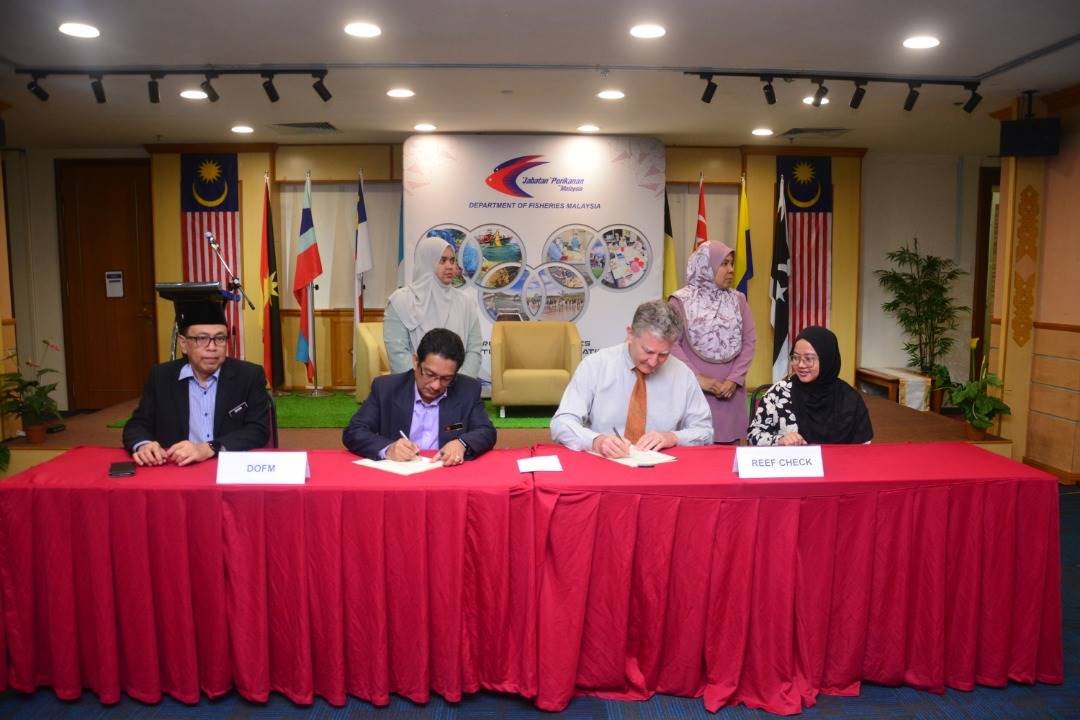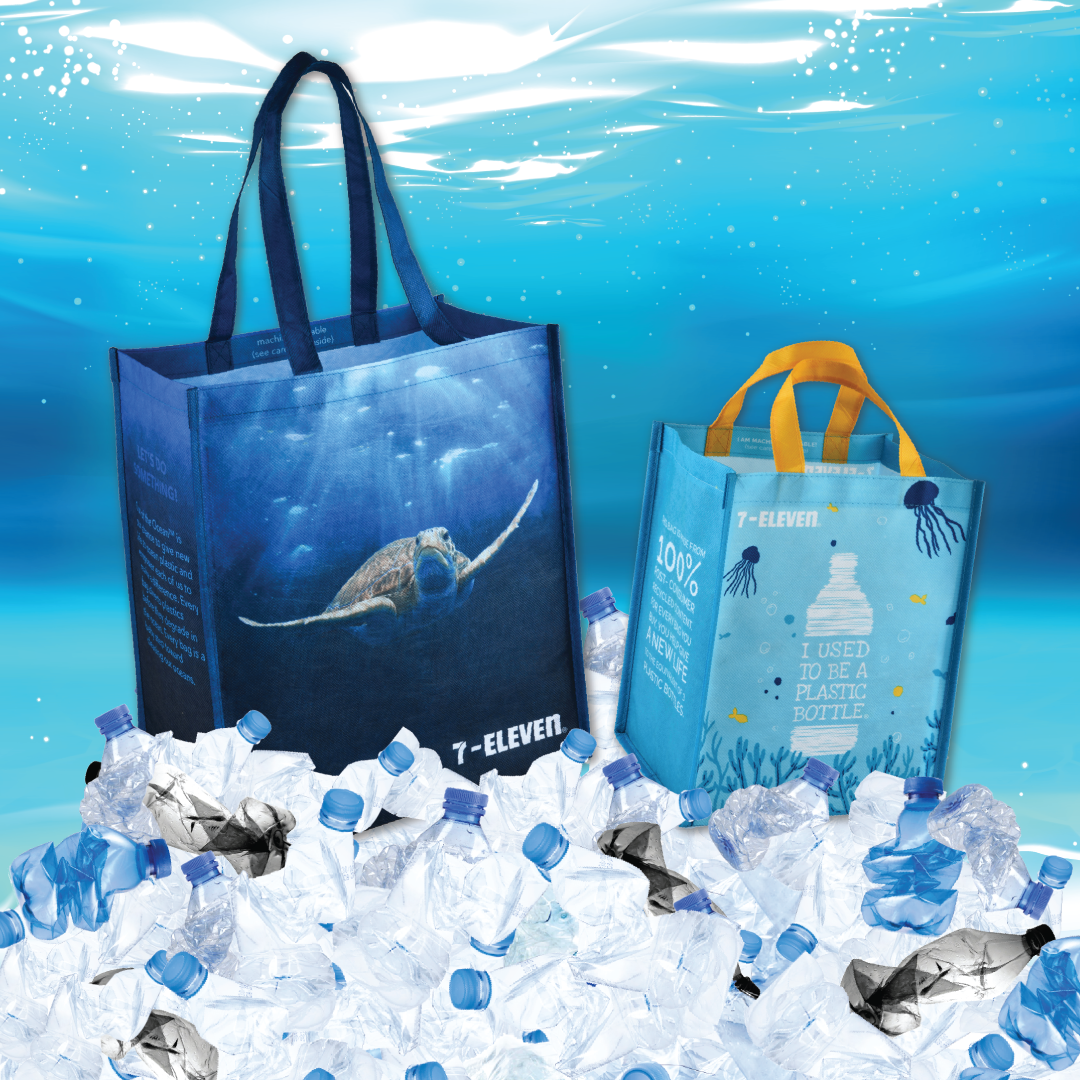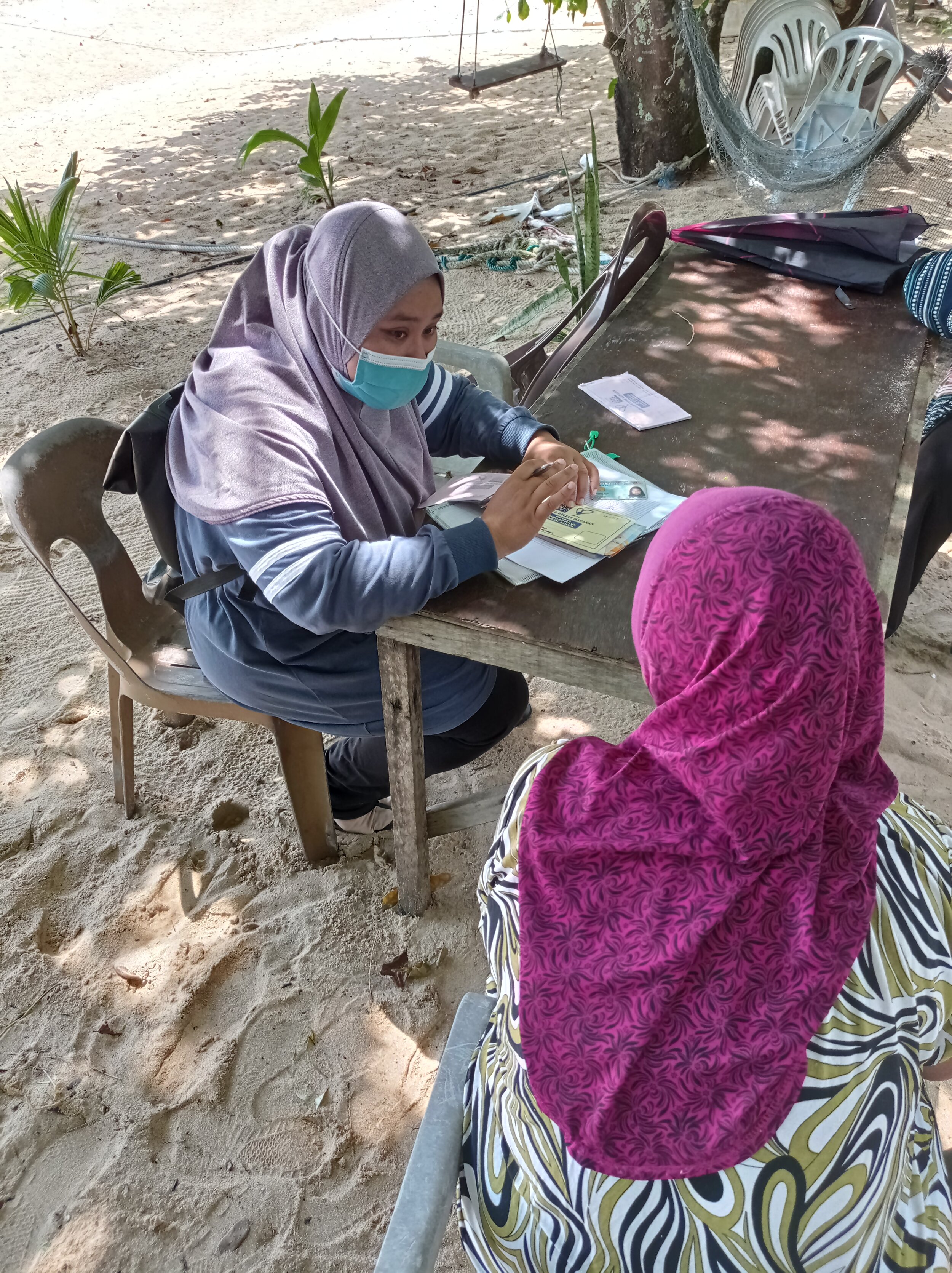The largest 24-hour standalone convenience store operator nationwide has released two reusable bag variants - the Out of the Ocean Bag and the Recycled PET (polyethylene terephthalate) Bottle Bag – to address the conundrum of what to do further with all the plastic waste being generated.
The Out of the Ocean Bag is constructed using 100% recycled ocean plastics whereby every bag removes the equivalent of two-to-three bottles from the oceans and waterways. This spacious bag may look dainty, but can support up to 15kg.
On the other hand, the Recycled PET Bottle Bag is upcycled from 100% recycled PET bottles. With a maximum carrying capacity of 10kg, this bag allows you to carry your purchased necessities while reducing the equivalent of up to three plastic bottles from the environment.
7-Eleven Malaysia’s General Manager of Marketing, Ronan Lee, expressed, “Plastic trash are ecologically damaging to the planet that we live on and we want to make a change through our Trash To Treasure reusable bag campaign that aim to drive momentum in influencing our customers’ behaviour to bring their reusable bags when shopping in our stores as well as provide financial contribution to our chosen change agent NPO partners as every little step matters.”
Lee continued, “On top of this, we are also currently using bio-degradable plastic bags in our stores as part of our environmental protection efforts. We hope that our sustainability initiatives will encourage our consumers to shop while keeping the environment in mind to protect the world that we live in from more plastic waste. We must do our part to transform #TrashToTreasure.”
First of their kind in Malaysia, 7-Eleven’s latest reusable bags are not only eco-friendly but look cute, too! The quirky bags are adorned with educational fun facts and their wide straps make them extremely comfortable to wear.
Affordably priced at RM7.90 (Recycled PET Bottle Bag) and RM13.90 (Out of the Ocean Bag), the reusable bags are available exclusively at selected 7-Eleven stores in Peninsular Malaysia. With huge bang for your buck, you can repay Mother Earth with kindness without breaking the bank.
Best of all, as part of the #TrashToTreasure Reusable Bag campaign, from now until 16th September 2021, with every purchase of the reusable bags, RM1 will be channelled toward 7-Eleven’s environmental non-governmental organisation (NGO) partners, Reef Check Malaysia and Juara Turtle Project, so you can play your role in supporting their nature conservation efforts while sporting a trendy tote on your shoulder.
General Manager of Reef Check Malaysia, Julian Hyde, said “Trash leaking into our ocean is a serious and universal issue. Our teams based on the islands and the island communities see it first-hand - trash washing up to the shores, plastic bags being caught on coral reefs, ghost nets trapping marine animals. It's devastating. Everyone has a role to play if we are to find sustainable solutions to this problem, and this initiative by 7-Eleven Malaysia is a perfect example of how companies can play a role”.
Sharing the same sentiment, General Manager of Juara Turtle Project, Tom Woodford, said, “We are really grateful to 7-Eleven Malaysia for stepping up and recognising that big companies need to help lead the way to changing how we use plastics. Plastic based marine debris is a massive problem for our marine life, including but not exclusive to the sea turtles that we work with here at JTP. We hope that this campaign will inspire people to change their behaviour and to make their own little contribution to protecting our ocean.”
While shopping for your reusable bags at 7-Eleven stores, you may perform another kind act for your local community by contributing to 7-Eleven Malaysia’s Kotak Putih campaign. At the same time, do check out exclusive products such as HY BTS Special Package coffee, Magnum Chocolate Truffle, Nescafe Gula Melaka, and Wonda Masala Spice Coffee, among others.
For more information on the latest #TrashToTreasure Reusable Bag Campaign, visit www.7eleven.com.my or its official social media pages at 7ElevenMalaysia.
-END-
About 7-Eleven Malaysia
7-Eleven Malaysia Holdings Berhad through its subsidiary 7-Eleven Malaysia Sdn. Bhd. is the owner and operator of 7-Eleven stores in Malaysia. Incorporated on 4 June 1984, 7-Eleven Malaysia has made its mark in the retailing scene and has been a prominent icon for over 37 years. 7-Eleven Malaysia is the pioneer and largest 24-hour standalone convenience store operator in Malaysia with over 2,400 outlets nationwide and serves more than 1 million customers daily. 7-Eleven stores can be found across bustling commercial districts to serene suburban residential compounds throughout Malaysia, from petrol stations and LRT stations to shopping malls and medical institutions. 7-Eleven is Always There For You. To learn more, please visit our website at www.7-eleven.com.my.
About Reef Check Malaysia
Reef Check Malaysia (RCM) is part of the world-wide Reef Check network. Registered in Malaysia in 2007 as an NGO, RCM's early work was focused on coral reef monitoring and island based educational programs. Today, RCM monitors over 200 coral reefs annually around the country and runs resilience-based programmes for island communities. In addition, RCM is actively involved in marine debris awareness, waste management, and plastic recycling programmes and has been leading the annual International Coastal Cleanup event in Malaysia.
About Juara Turtle Project
Juara Turtle Project is a community-based marine conservation organisation, located on Tioman Island off the south east coast of Malaysia. For the last 14 years JTP has worked together with the Malaysian Department of Fisheries to conserve sea turtles, their eggs and their natural habitat. JTP's mission statement “To work with the local community to manage threats to the local sea turtle population” is representative of the work they do and how they attempt to deal with a wide range of marine conservation issues that not only affect turtles, but the marine ecosystem as a whole. To find out more, visit www.juaraturtleproject.com or check out their social media pages at Facebook and Instagram.













